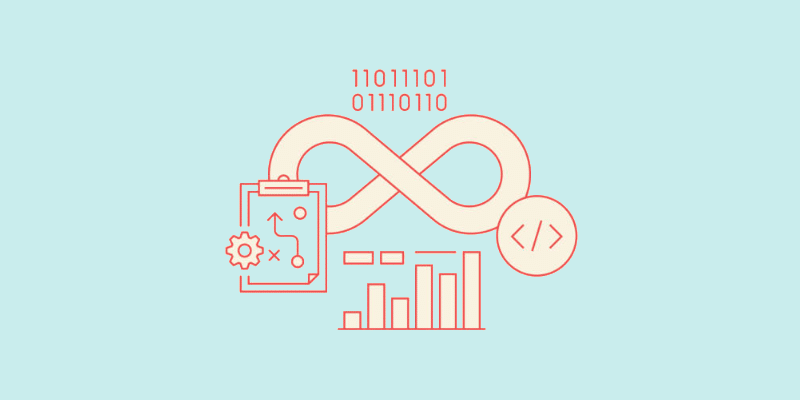Modern DevOps Practices: Bridging Development and Operations

The landscape of software development and operations has evolved significantly with the advent of DevOps practices. This comprehensive guide explores modern DevOps methodologies, tools, and best practices that are essential for today’s technology organizations.
Core DevOps Principles
- Continuous Integration/Continuous Deployment (CI/CD)
- Infrastructure as Code (IaC)
- Automated Testing
- Monitoring and Observability
- Collaboration and Communication
CI/CD Implementation
Modern CI/CD pipelines typically include:
# Example GitHub Actions workflow
name: CI/CD Pipeline
on:
push:
branches: [ main ]
jobs:
build:
runs-on: ubuntu-latest
steps:
- uses: actions/checkout@v2
- name: Build
run: |
docker build -t myapp .
- name: Test
run: |
docker run myapp npm test
- name: Deploy
if: success()
run: |
docker push myapp
Infrastructure as Code
Using tools like Terraform:
# Example Terraform configuration
provider "aws" {
region = "us-west-2"
}
resource "aws_instance" "web" {
ami = "ami-0c55b159cbfafe1f0"
instance_type = "t2.micro"
tags = {
Name = "DevOps-Demo"
}
}
Automated Testing Strategies
Unit Testing
def test_user_creation():
user = create_user("john", "[email protected]")
assert user.email == "[email protected]"
assert user.is_active == True
Integration Testing
def test_api_integration():
response = client.post("/api/users",
json={"name": "john", "email": "[email protected]"})
assert response.status_code == 201
Monitoring and Observability
Prometheus Configuration
global:
scrape_interval: 15s
scrape_configs:
- job_name: 'spring-actuator'
metrics_path: '/actuator/prometheus'
static_configs:
- targets: ['localhost:8080']
Best Practices
1. Version Control
- Use feature branches
- Implement branch protection
- Regular commits with meaningful messages
2. Environment Management
- Use environment variables
- Implement secrets management
- Maintain parity between environments
3. Documentation
- Automated documentation generation
- Clear README files
- API documentation
Security Integration
1. Security Scanning
security-scan:
stage: test
script:
- safety check
- bandit -r .
2. Container Security
# Use specific versions
FROM python:3.9-slim
# Run as non-root user
RUN useradd -m myapp
USER myapp
# Copy only necessary files
COPY --chown=myapp:myapp . .
Performance Optimization
1. Caching Strategies
cache:
paths:
- node_modules/
- .pip-cache/
2. Build Optimization
# Multi-stage builds
FROM node:14 AS builder
WORKDIR /app
COPY package*.json ./
RUN npm install
COPY . .
RUN npm run build
FROM nginx:alpine
COPY --from=builder /app/build /usr/share/nginx/html
Incident Response
- Automated Alerts
alertmanager:
config:
route:
receiver: 'slack'
receivers:
- name: 'slack'
slack_configs:
- channel: '#alerts'
- Rollback Procedures
# Automated rollback script
if [ $DEPLOY_STATUS -ne 0 ]; then
kubectl rollout undo deployment/myapp
fi
Conclusion
Modern DevOps practices are essential for:
- Faster deployment cycles
- Improved reliability
- Better collaboration
- Enhanced security
- Scalable infrastructure
Success in DevOps requires:
- Continuous learning
- Automation focus
- Security integration
- Performance optimization
- Strong monitoring
Remember that DevOps is not just about tools, but about culture and practices that enable teams to work more effectively together.
